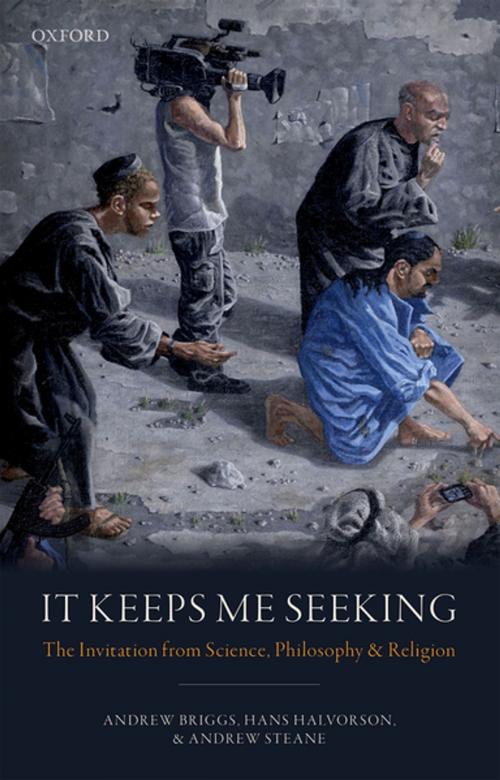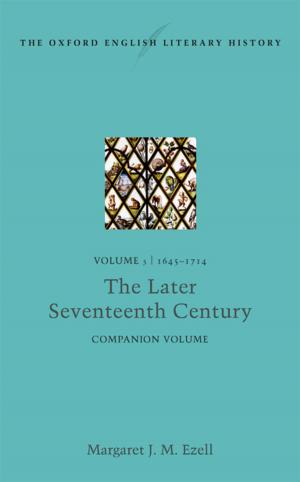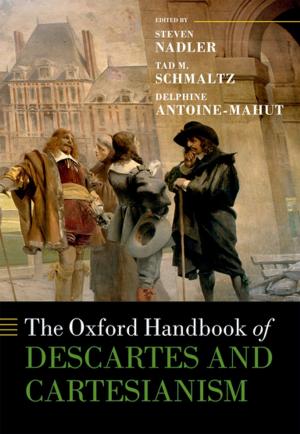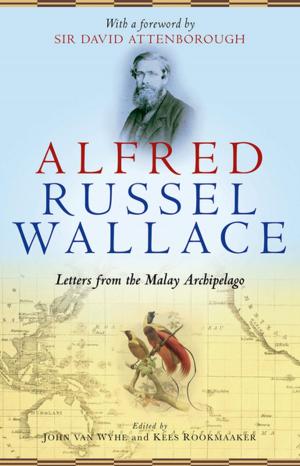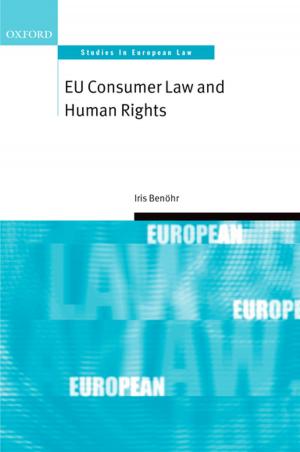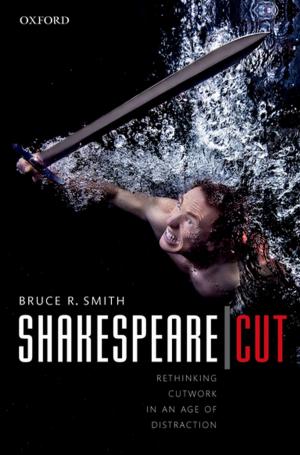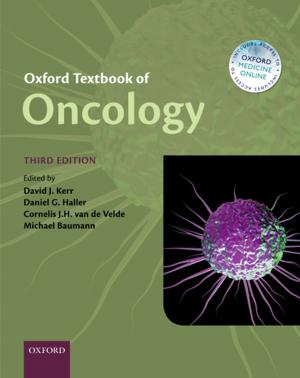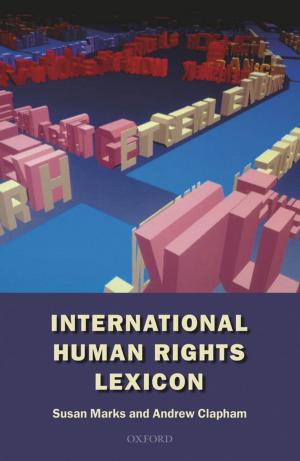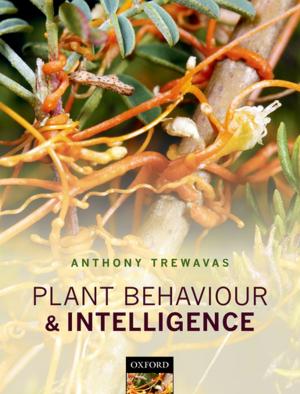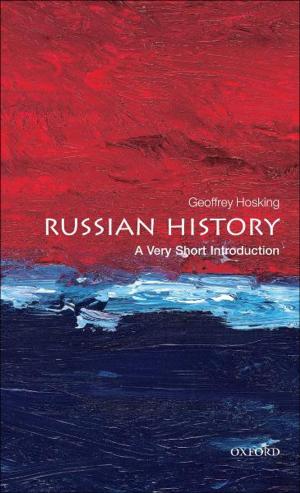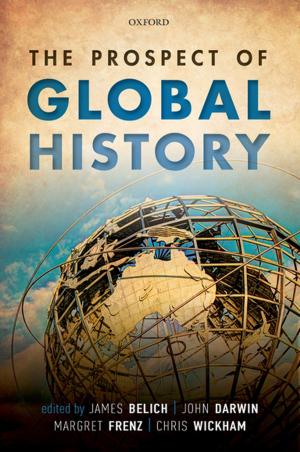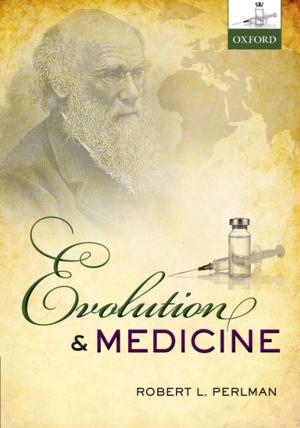It Keeps Me Seeking
The Invitation from Science, Philosophy and Religion
Nonfiction, Science & Nature, Science, Physics, General Physics, Religion & Spirituality| Author: | Andrew Briggs, Hans Halvorson, Andrew Steane | ISBN: | 9780192535870 |
| Publisher: | OUP Oxford | Publication: | September 3, 2018 |
| Imprint: | OUP Oxford | Language: | English |
| Author: | Andrew Briggs, Hans Halvorson, Andrew Steane |
| ISBN: | 9780192535870 |
| Publisher: | OUP Oxford |
| Publication: | September 3, 2018 |
| Imprint: | OUP Oxford |
| Language: | English |
Here is a fresh look at how science contributes to the bigger picture of human flourishing, through a collage of science and philosophy, richly illustrated by the authors' own experience and personal reflection. They survey the territory of fundamental physics, machine learning, philosophy of human identity, evolutionary biology, miracles, arguments from design, naturalism, the history of ideas, and more. The natural world can be appreciated not only for itself, but also as an eloquent gesture, a narrative and a pointer beyond itself. Our human journey is not to a theorem or a treatise, but to a meeting which encompasses all our capacities. In this meeting, science is the means to find out about the structure of the physical world of which we are a part, not a means to reduce ourselves and our fellow human beings to mere objects of scrutiny, and still less a means to attempt the utterly futile exercise of trying to do that to God. We have intellectual permission to be open to the notion that God can be trusted and known. The material world encourages an open-hearted reaching out to something more, with a freedom to seek and to be received by what lies beyond the scope of purely impersonal descriptions and attitudes.
Here is a fresh look at how science contributes to the bigger picture of human flourishing, through a collage of science and philosophy, richly illustrated by the authors' own experience and personal reflection. They survey the territory of fundamental physics, machine learning, philosophy of human identity, evolutionary biology, miracles, arguments from design, naturalism, the history of ideas, and more. The natural world can be appreciated not only for itself, but also as an eloquent gesture, a narrative and a pointer beyond itself. Our human journey is not to a theorem or a treatise, but to a meeting which encompasses all our capacities. In this meeting, science is the means to find out about the structure of the physical world of which we are a part, not a means to reduce ourselves and our fellow human beings to mere objects of scrutiny, and still less a means to attempt the utterly futile exercise of trying to do that to God. We have intellectual permission to be open to the notion that God can be trusted and known. The material world encourages an open-hearted reaching out to something more, with a freedom to seek and to be received by what lies beyond the scope of purely impersonal descriptions and attitudes.
